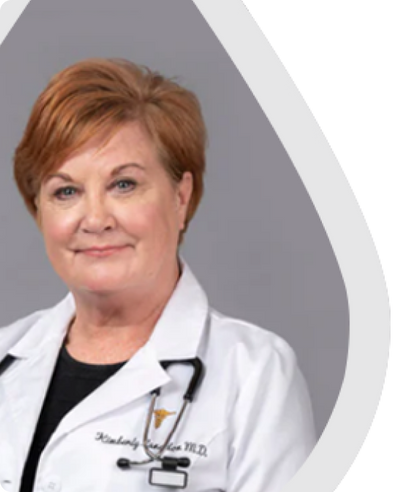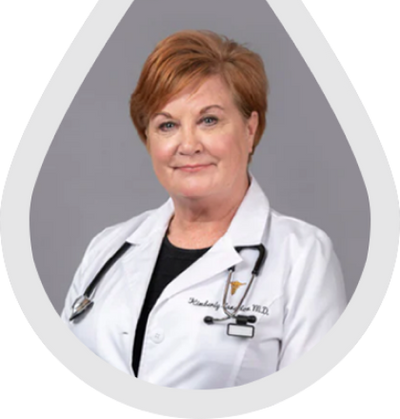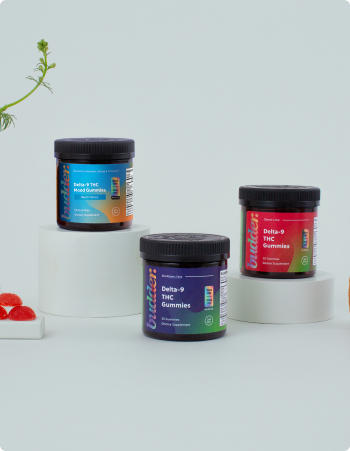Imagine walking into your doctor’s office, expecting the usual advice about diet and exercise, but instead, your prescription reads: "Join a local hiking group."
Wait, what?
Yes, you heard that right—your social life might just be the key to better health, and doctors are catching on! Welcome to the world of social prescriptions, where your next dose of wellness could come from a yoga class, a book club, or even volunteering.
What Are Social Prescriptions?
Sixty years ago, doctors vastly underestimated the pivotal role of exercise in our overall health. It seems obvious now, but back then, it wasn’t.
Some doctors are arguing that another sixty years from now, we’ll likely look back and say, “How the heck did we not understand the link between relational satisfaction and mental/physical wellness?”
Social prescriptions are a groundbreaking approach where healthcare providers recommend non-medical activities to improve your well-being. Instead of just focusing on medications, doctors are recognizing that our social lives—our connections with others, our hobbies, and our community involvement—play a huge role in our overall health.
The Growing Evidence: Social Connections Matter
You might be wondering, “Why are doctors suddenly interested in my social life?” Well, it turns out the impact of loneliness on health is more profound than many realize. Research has shown that loneliness can increase the risk of several serious health conditions. For example, a study published by the American Heart Association found that lonely individuals had a 29% higher risk of heart disease and a 32% higher risk of stroke.
Loneliness doesn’t just affect your mental health—it can also exacerbate existing conditions. For instance, people with chronic issues may find their symptoms worsen when they are socially isolated. This is partly due to the stress and anxiety that loneliness can cause—which in turn can lead to unhealthy behaviors like smoking, poor diet, and lack of exercise. Additionally, loneliness is linked to higher levels of inflammation in the body, which can aggravate existing conditions and make them harder to manage.
Moreover, the impact of loneliness is so significant that it’s been compared to other well-known risk factors. For example, loneliness is now considered as harmful to health as obesity or physical inactivity; and, as mentioned earlier, it’s even been equated to smoking 15 cigarettes a day in terms of its impact on life expectancy.
This growing body of evidence underscores why more physicians are beginning to incorporate social prescriptions into their care plans, recognizing that treating the social aspects of health is just as important as addressing the physical ones.
Physicians Embracing the Change
So that’s why some doctors aren’t just prescribing pills anymore—they’re prescribing connection. Around the globe, healthcare systems are integrating social prescriptions into routine care. From art therapy to fitness groups, physicians are using these innovative prescriptions to help patients lead healthier, happier lives. By addressing the social determinants of health, they’re tackling the root causes of many health issues—not just the symptoms.
The Takeaway: Let’s Get Social for Our Health
So, the next time you’re feeling a bit “off,” it might not be a new medication you need—it could be a new hobby, a friendly face, or a community to connect with. Social prescriptions are changing the way we think about health, proving that sometimes the best medicine is a little more connection in our lives. So go ahead, join that dance class or start that book club—your health will thank you!
Bonus Tip: If you find that, even in the right circumstances, connection doesn’t come easy for you, consider talking to a therapist or coach who can help you find ways to meet your relational needs.




























































Join in on the Conversation
Your email address will not be published. Once your comment is approved, it will be published.